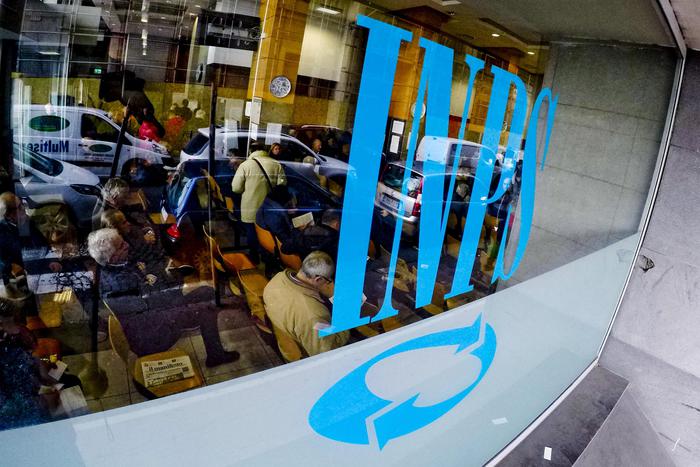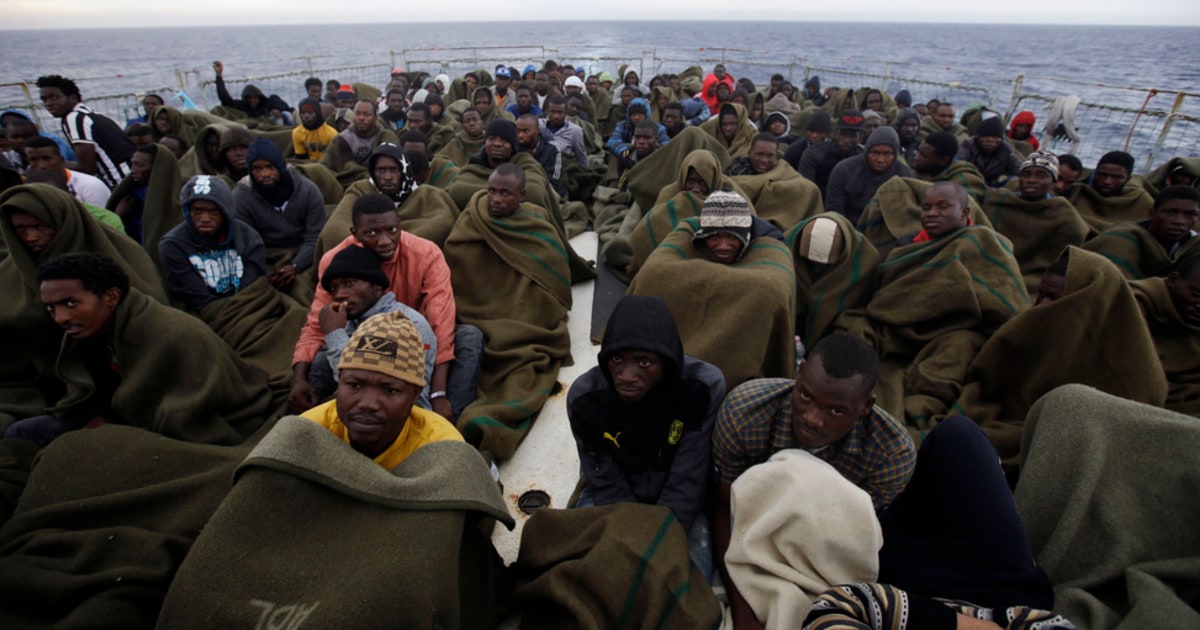Dozens of companies such as Pepsico, Airbus, Primark, Page Personal, Aldi, Makro, Grupo Mondragón, Sidenor, Decathlon, Eulen or Ikea will receive CVs printed on cloth these days from stores in the refugee camps.
The idea of the Shops of Hope campaign is to arrange an interview and individually present the trajectory of each candidate.
"We seek to give visibility to a talent that is often qualified," they point out from Accem, the NGO that leads this initiative.
And they warn that "they are not coming to take jobs from the Spanish".
For Accem, their hiring contributes to "sustaining the welfare state, boosting essential sectors, repopulating emptied Spain and generating employment by opening new businesses."
This last option is not ruled out by Ahmad, who has fled Afghanistan with his family since the Taliban took power, if he does not find a job before the end of his stay in the international protection reception system.
Graduated in International Relations and former employee of the Spanish Embassy in Kabul, he has just carried out an interview for the billing area at the Adolfo Suárez airport in Madrid.
"Speaking Spanish has allowed me to study to apply for this position given the impossibility of homologating my degree," he says.
He considers "setting up a store or a restaurant with the savings if they don't hire me in the end."
Only if he gets a job will he be able to rent a house and "even so, fewer and fewer owners trust refugees," he declares.
Like him, a total of 58,888 refugees requested international protection in 2021.
Of these, Accem has accompanied 3,000 in the development of an individual itinerary for social and labor insertion.
The profiles are diverse.
From engineers, doctors, economists, lawyers, marketing experts, teachers or translators to profiles with little qualification.
Both of them focus the objective of this campaign designed by the Havas Media agency so that companies and institutions get to know a talent, whose value lies in "providing a breath of innovation linked to its cultural diversity".
Refugees leave their countries due to war, persecution or violence against fundamental rights.
According to the Ministry of the Interior, the majority of them come from Venezuela, Colombia, Peru, Morocco, Afghanistan and Ukraine.
Data from the Ministry of Inclusion recognize that only 7% get a job before starting an employment program.
Accem manages your accommodation, basic needs, psychological and legal assistance.
"After three months they enter the employment program, where an individualized diagnosis is made to assess the fastest option for job placement," says Rosa Rodríguez, head of employment programs at the NGO, who asks organizations to "keep in mind account their capabilities in a market for which refugees are almost invisible”.
FCC Environment, for example,
decent jobs
Accem works in most of the locations as a placement agency "provided with a base of professionals to offer decent employment," says Rodríguez.
But the language and the homologation of academic titles (it can take up to two years) make it impossible for them to access the positions they occupy in their countries.
Although from Inclusion they claim to be working to reduce times, many choose to take other training courses and thus speed up their employability.
This is the case of Sofia, a teacher and wife of Ahmad.
While she studies Spanish, she has already completed a dining room monitor course for educational centers.
“In Kabul we had a good life, but we have taken this step for our children,” she recounts.
According to Michael Page, one of the human resources companies that will receive their CVs, if for a Spaniard the average time to find a job in the same professional category goes from four to six months, for refugees it goes up to 8 or 12 months.
"However, experience tells us that the first generations are forced to reduce this category due to the urgency of income," says Eduardo Morón, senior consultant in diversity and inclusion at Page Personnel.
The expert advises the displaced to begin their labor insertion in temporary positions "with easier access, which always represent a wedge to enter the professional market."
A market with a huge talent hole that "is inexplicably very difficult to enter," maintains the Ukrainian Sergey Kamensky, an aerospace engineer.
Specifically, Spain will need no less than 200,000 engineers in the next 10 years to meet the needs of companies, according to the Spanish Engineering Observatory.
“Here they are more used to employing people from other countries with little preparation.
Without being able to validate the training, there is greater ignorance of profiles like mine, ”he says.
With experience in uranium mining bombs, "I could also work as a flight instructor."
In no case is a return being considered because "when the war ends, unemployment will affect almost half the population."
From the beginning of the Russian invasion (February 2022) and until October, Spain had granted more than 150,000 temporary protections to refugees from Ukraine.
But only 14% have found employment.
This is not the case of Information Technology engineer Galyna Malygina, who, despite having an incipient command of the Spanish language, cannot pass any selection process.
“I can develop projects in other fields, such as pharmaceuticals, education or sports”, she indicates.
Without validating her training, Blanca, a Colombian nurse (she left the country for her safety), while working as a cleaning staff, is going to study again for a degree in Nursing, a sector with a deficit of 95,000 professionals compared to the European average.
“It is faster than getting the documentation and waiting for its approval.
I have already contacted entities that offer me a place as soon as I obtain the degree ”, she concludes.
Mahou and Red Cross
The Mahou San Miguel Foundation and the Red Cross have renewed their collaboration agreement to promote job placement and training for vulnerable people through the Cre-E Multichannel Information, Career Guidance and Advice Service, within the Employment Plan of the NGO in Spain .
This alliance has improved the employability of 7,200 people.
Volunteers from the brewery, from the Ser profesional podcast (10,767 views), talk about the sectors with the highest demand for employment and have supported 174 entrepreneurs with training to digitize their businesses.
With the new agreement, the Foundation will allocate 150,000 euros to continue working in this line, which includes other projects such as the development of the My CV in 3 Steps tool, a simplified CV generator.

/cloudfront-eu-central-1.images.arcpublishing.com/prisa/OS5W32BXRVDEPAV45M4ZBT4HLU.jpg)













